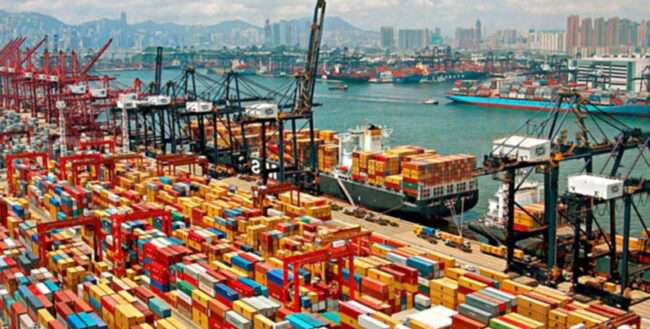Business
CBN assures it is working to avert further Naira collapse

The Central Bank of Nigeria (CBN) has assured that it would continue to make deliberate efforts in the foreign exchange sector to avert further downward slide in the value of the naira, which it said was fuelled by speculative tendencies.
Mr. Osita Nwanisobi, the Director, Corporate Communications at the CBN who gave the assurance on Thursday, advised the public to resist the urge of succumbing to the speculative activities of some players in the foreign exchange market.
Reiterating an earlier position of the CBN Governor, Mr. Godwin Emefiele, he urged Nigerians to play their role by adjusting their consumption patterns, looking inwards and finding innovative solutions to the country’s challenges.
He submitted that Monetary policy alone could not bear all the burden of the expected adjustments needed to manage the challenges around Nigeria’s foreign exchange and admonished,: “It’s our collective duty as Nigerians to shore up the value of the Naira.”
According to him, the CBN remained committed to resolving the foreign exchange issues confronting the nation and as such has been working to manage both the demand and supply side challenges.
Nwanisobi said that recent initiatives undertaken by the CBN Bank such as the RT200 FX Programme and the Naira4Dollar rebate scheme had helped to increase foreign exchange inflow to the country.”
According to him, the bank’s records showed that foreign exchange inflow through the RT200 FX Programme in the first and second quarters of 2022 increased significantly to about US$600 million as at June 2022.
Similarly, he disclosed that the Naira4Dollar incentive also increased the volume of Diaspora remittances during the first half of the year.
According to him, “interventions such as 100 for 100 Policy on Production and Productivity, Anchor Borrowers’ Programme (ABP) and the Non-Oil Export Stimulation Facility (NESF), among others, were also geared towards diversifying the economy, enhancing inflow of foreign exchange, Stimulating production and reducing foreign exchange demand pressure.”
While admitting that there was huge demand pressure for foreign exchange to meet the needs of manufacturers, as well as, those for the payment of tuition, medical fees and other invisibles, Mr. Nwanisobi said the bank was concerned about the international value of the naira, adding that the monetary authority was strategizing to help Nigeria earn more stable and sustainable inflows of foreign exchange in the face of dwindling inflows from the oil sector.








